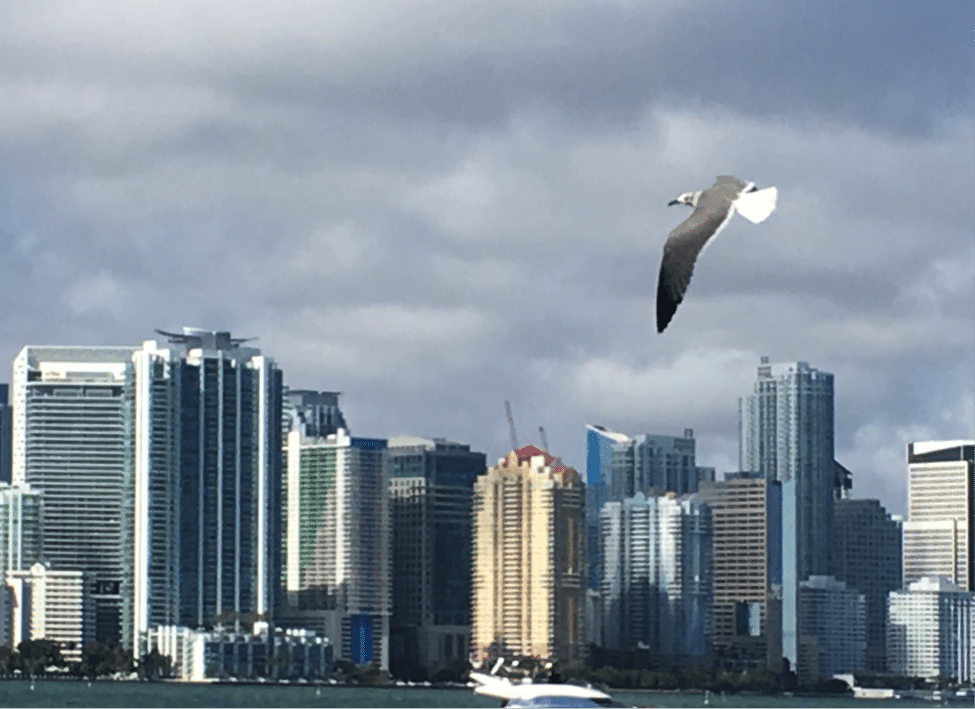As it turns 120 years old, Miami is experiencing robust economic growth and is emerging as the great logistics center of the Western Hemisphere.
Miami was founded 330 years after Saint Augustine, the 28 July de 1896, in southern Florida. And, despite the fact that Florida had become the 27th state of the Union in 1845, it was only in the 1870's when the first important settlement of settlers was formed in the area known in the Tequesta language as "Miami" ( "Big Water").
After the Civil War, the encouragement of land grants by the federal government attracted countless immigrants who gave the new human conglomerate the form of a city.
Julia Tuttle, a visionary Ohio socialite, settled with her family on land near the mouth of the Miami River and, fascinated by the local potential for development, Ms. Tuttle decided to dedicate her life to transforming the region.
Mrs. Tuttle understood that to promote economic growth it was necessary to incorporate the area into an efficient transport network and she worked hard to attract the interest of magnate Henry Flagler in the region. Her efforts were crowned with success and that is how the Florida East Coast Railway began the ambitious railway project that would link St. Augustine, Jacksonville and other towns on the east coast of Florida with the newly founded city of Miami.
Thus, not coincidentally, on April 22, 1896, the Miami train service was inaugurated and, on July 28 of that same year, a group of male citizens decided to appoint the first local government officials, being that day formally founded the city of Miami.
Since then, the city has been growing gradually in the heat of timid socio-economic transformations and it is not until the beginning of the 60s that Miami prepares for its conversion into a great metropolis with the beginning of the exodus of Cubans from Fidel Castro's Cuba.
Indeed, the massive influx of a valuable contingent of Cuban professionals, technicians and businessmen unusually accelerated the process of development in Miami. The city gradually acquired a unique profile as the uses and customs of the Caribbean merged with the patterns of rural life common to the south of the United States.
In its recent history, Miami has faced the onslaught of several devastating hurricanes and severe economic depressions that have not diminished in any way the spirit of strength of its inhabitants to the point that, today, Miami is considered one of the most world cosmopolitans.
Contemporary Miami hosts countless prestigious companies from the financial, communications and information technology, tourism, international trade and services sectors. Similarly, the evolution of Miami in promoting the plastic and performing arts is an effort positively valued by the most demanding critics.
Without being arrogant, it can be said that in terms of its physical infrastructure, its cultural development and the desire of its inhabitants to excel, Miami has nothing to envy any of the most attractive cities in the world.
In short, to describe its magnificent singularity, it is enough to say that “Miami is Miami…”
by
Alfredo González Amáre*
*Alfred@negociosenflorida.com




